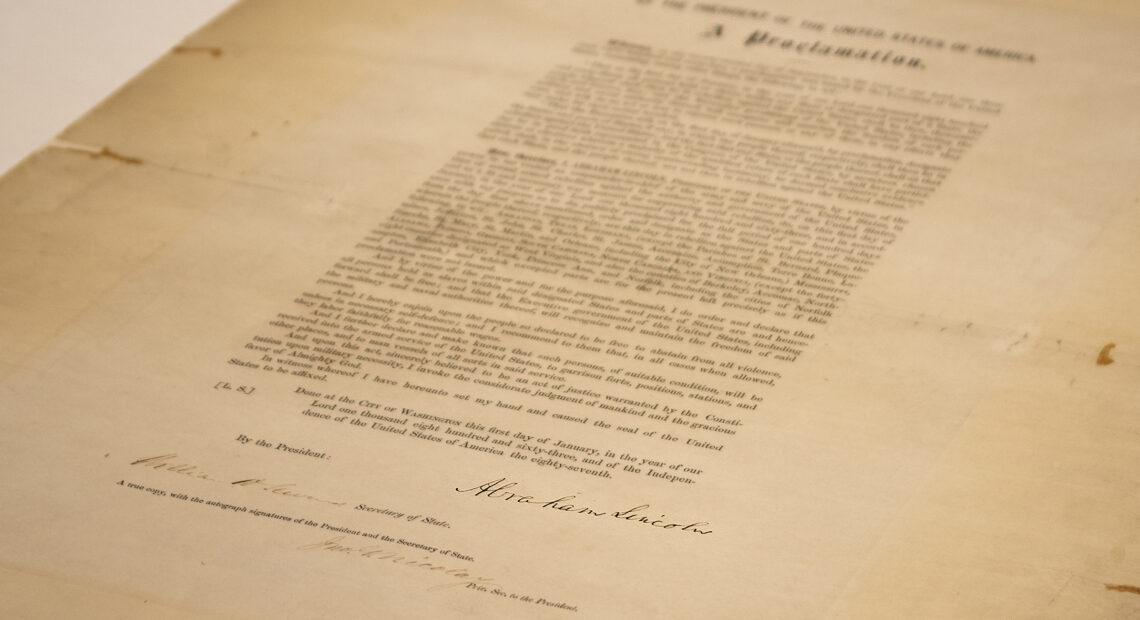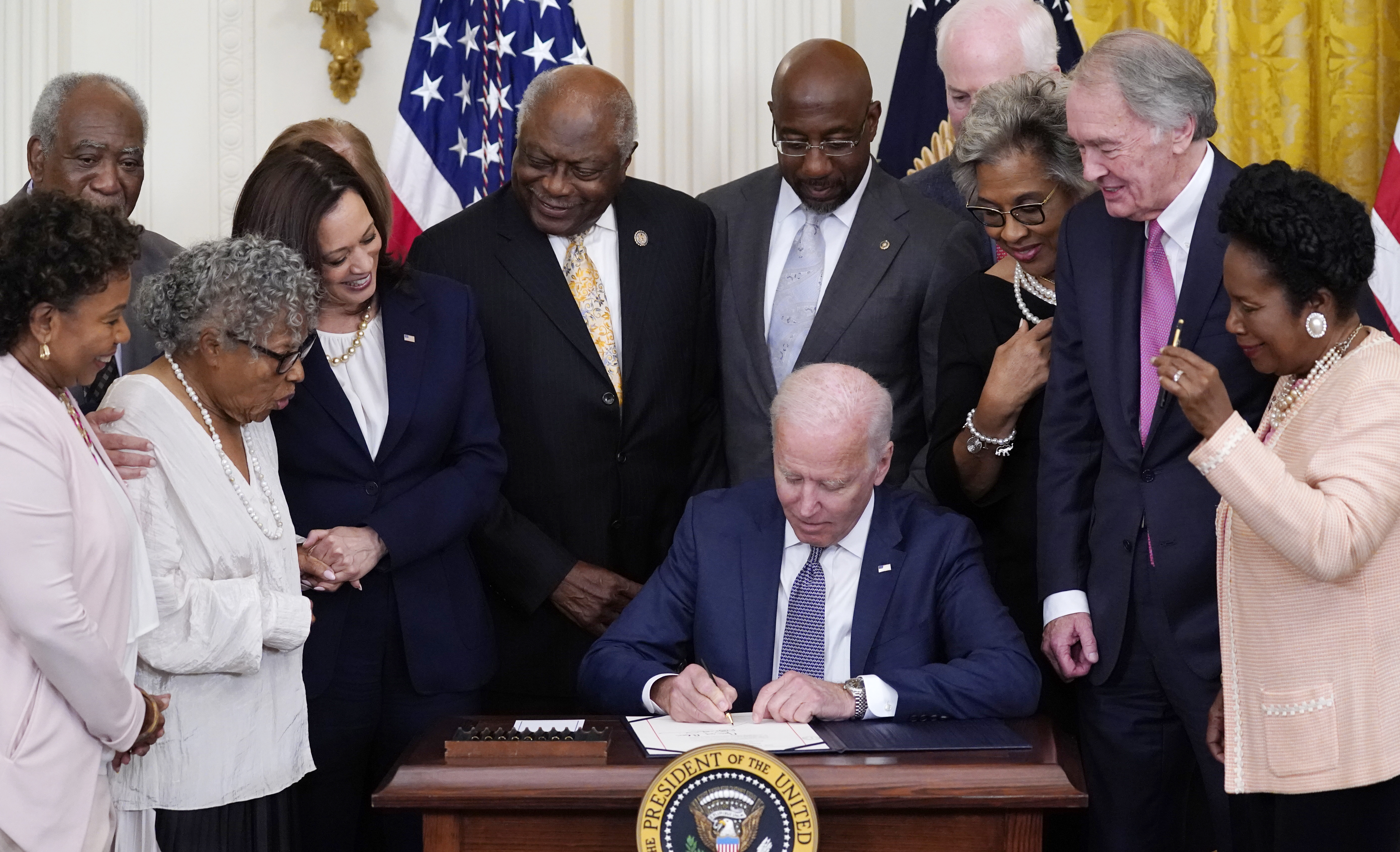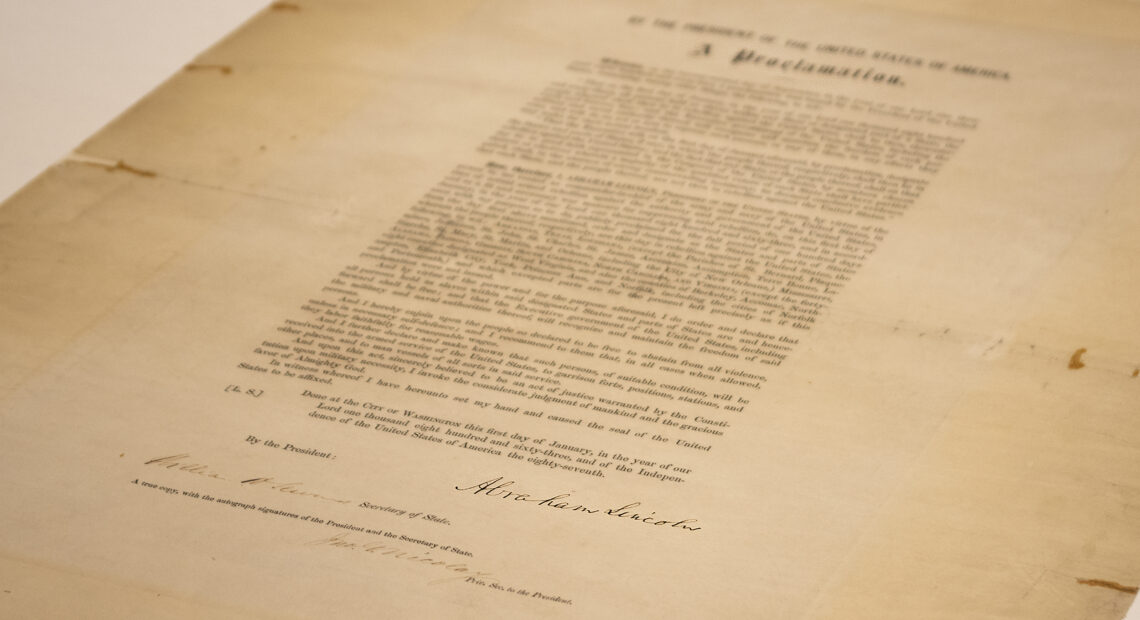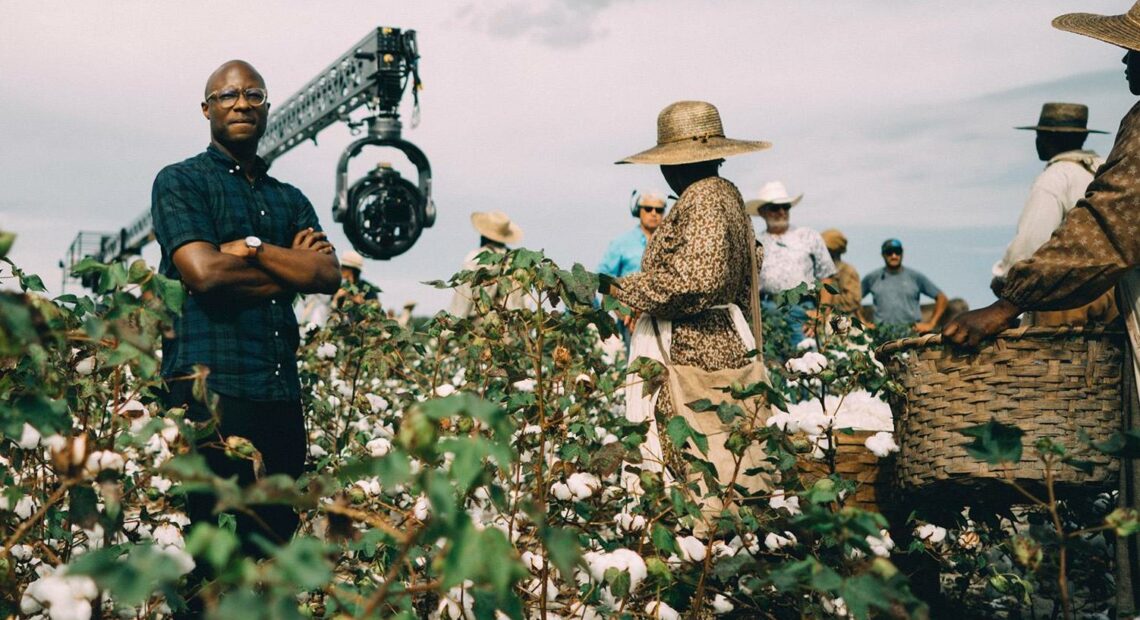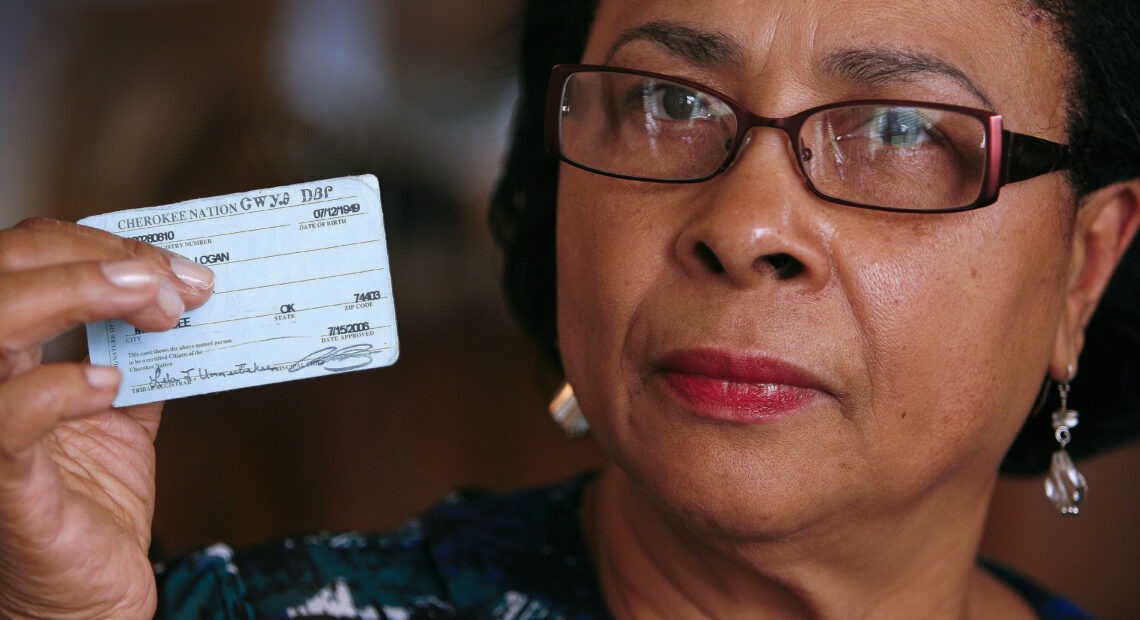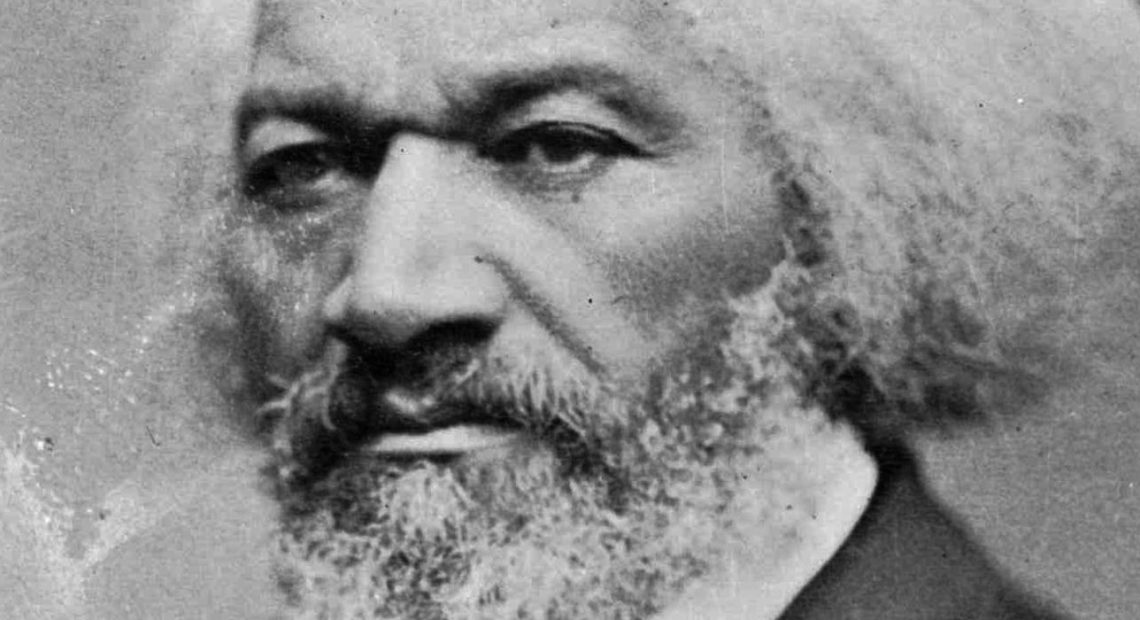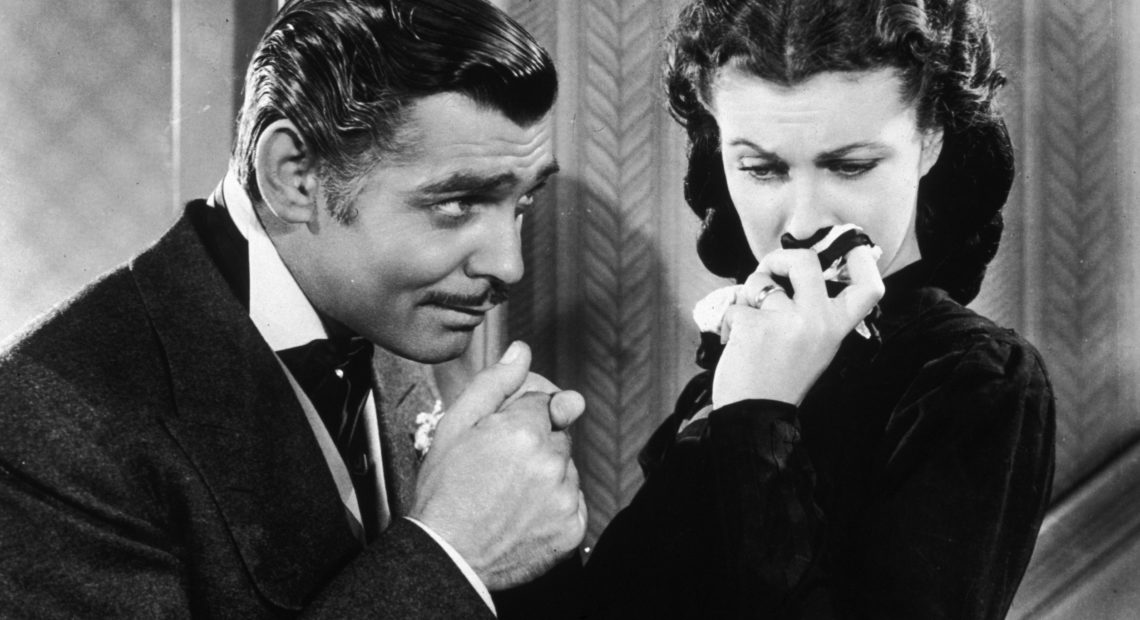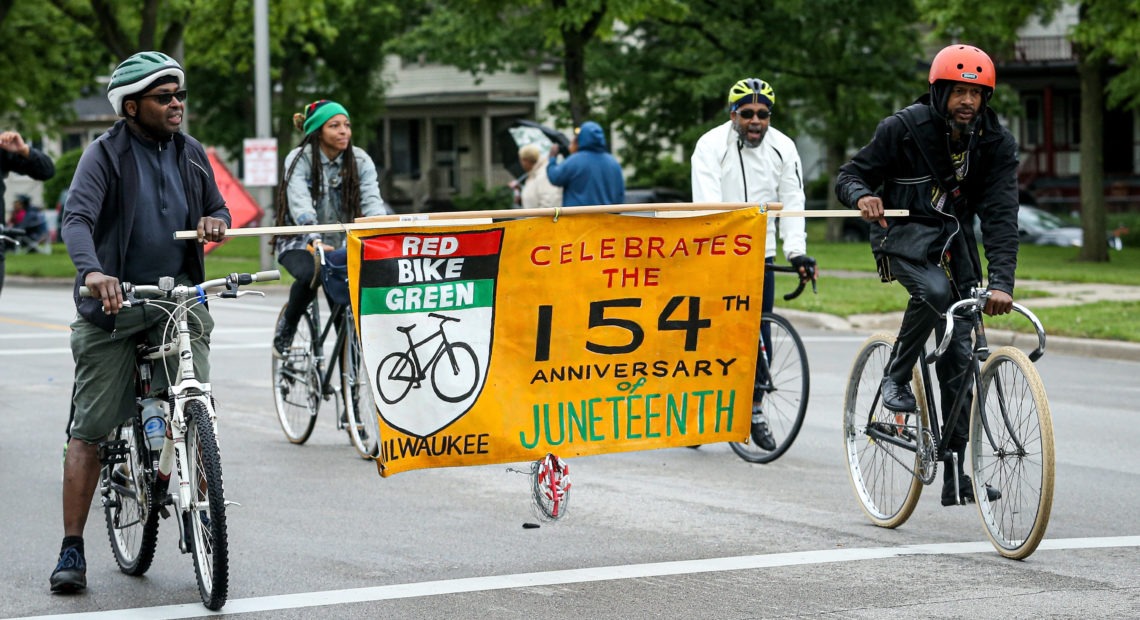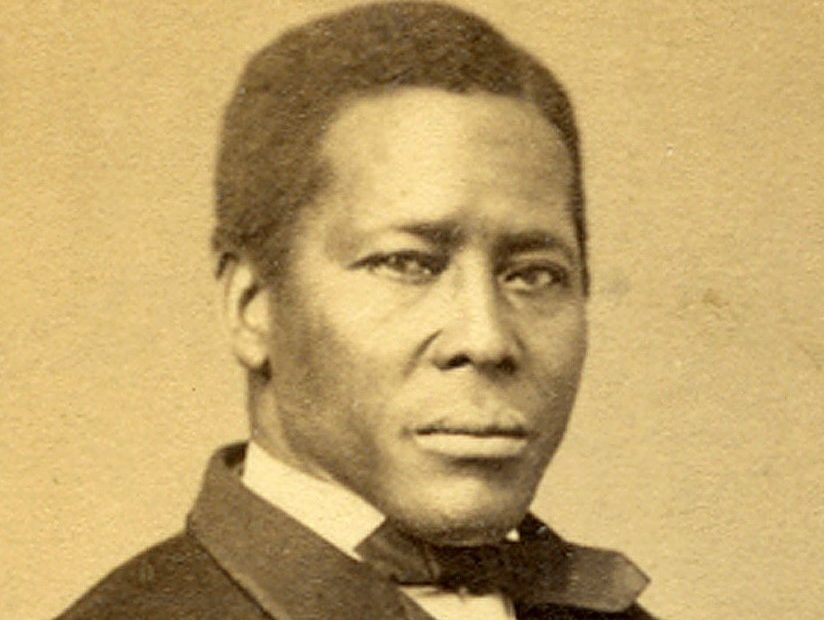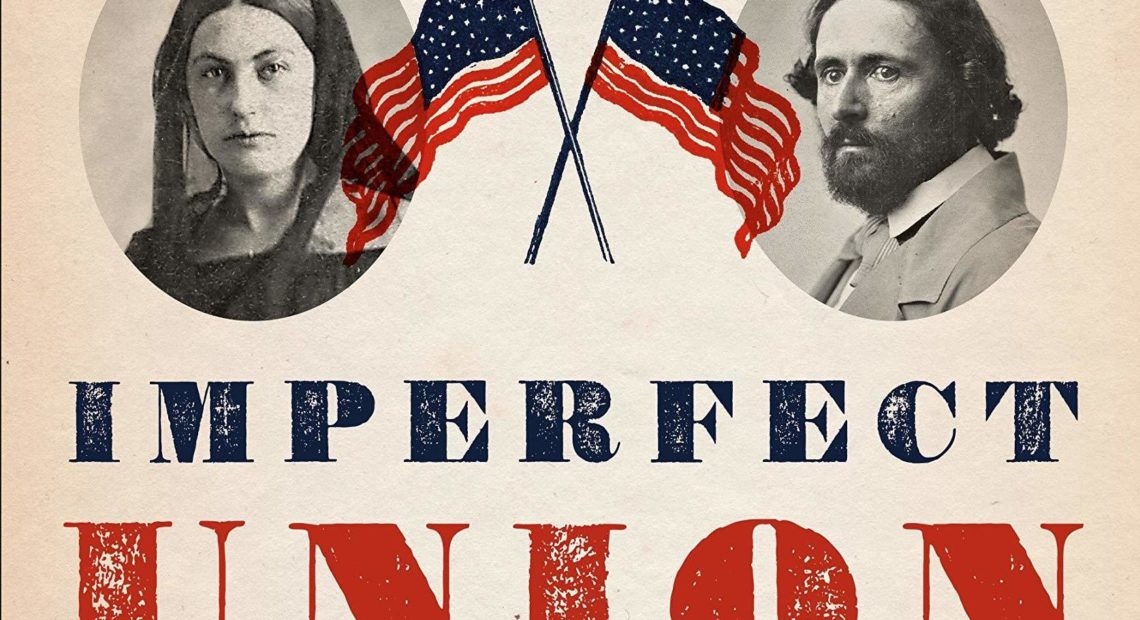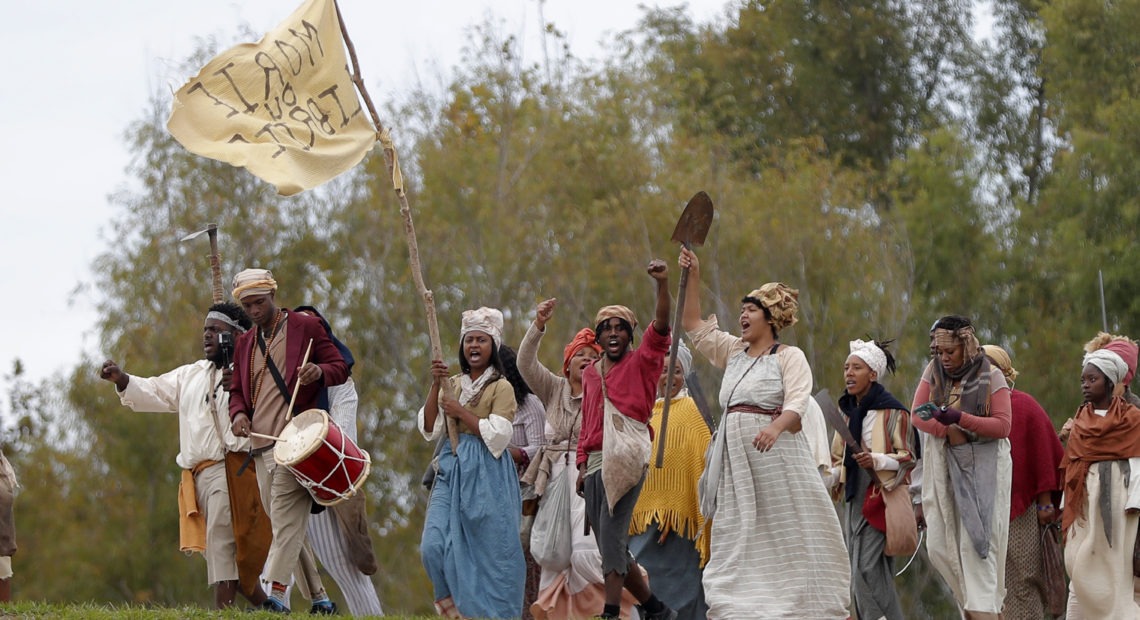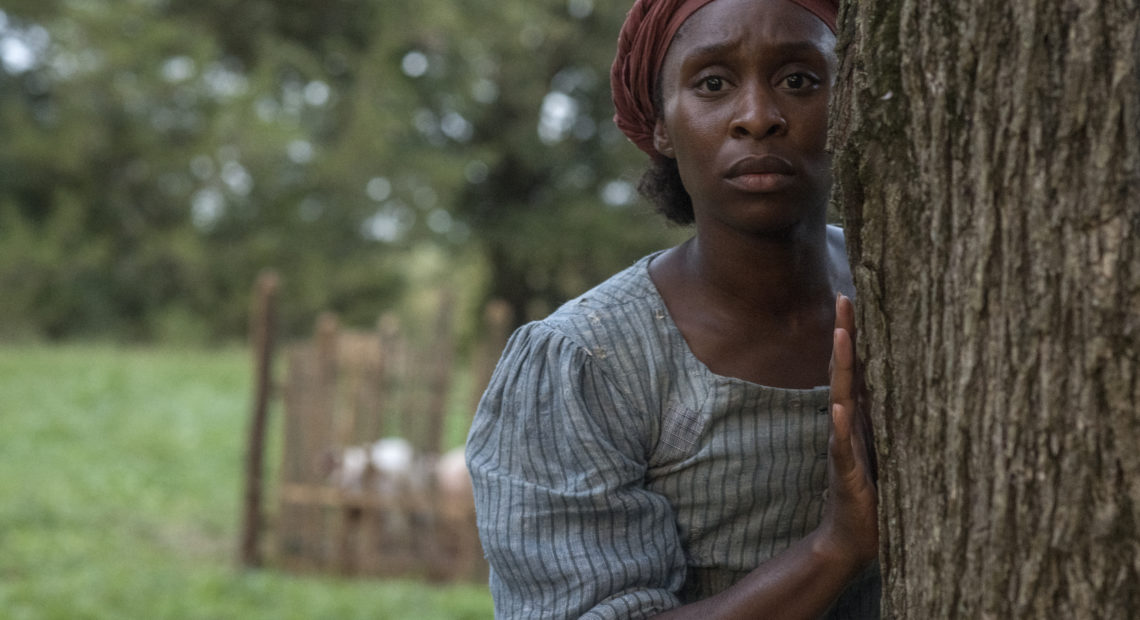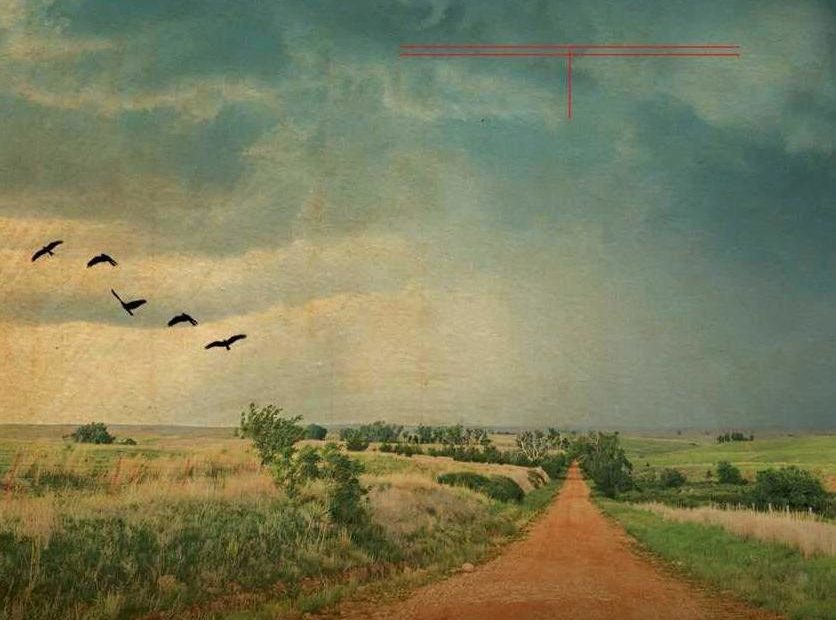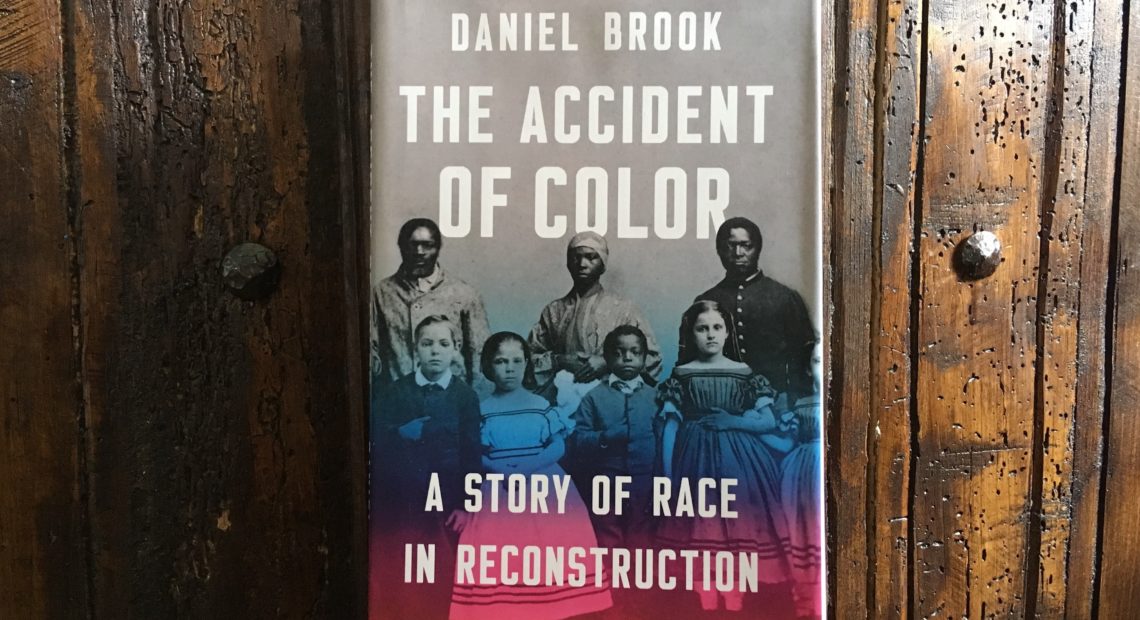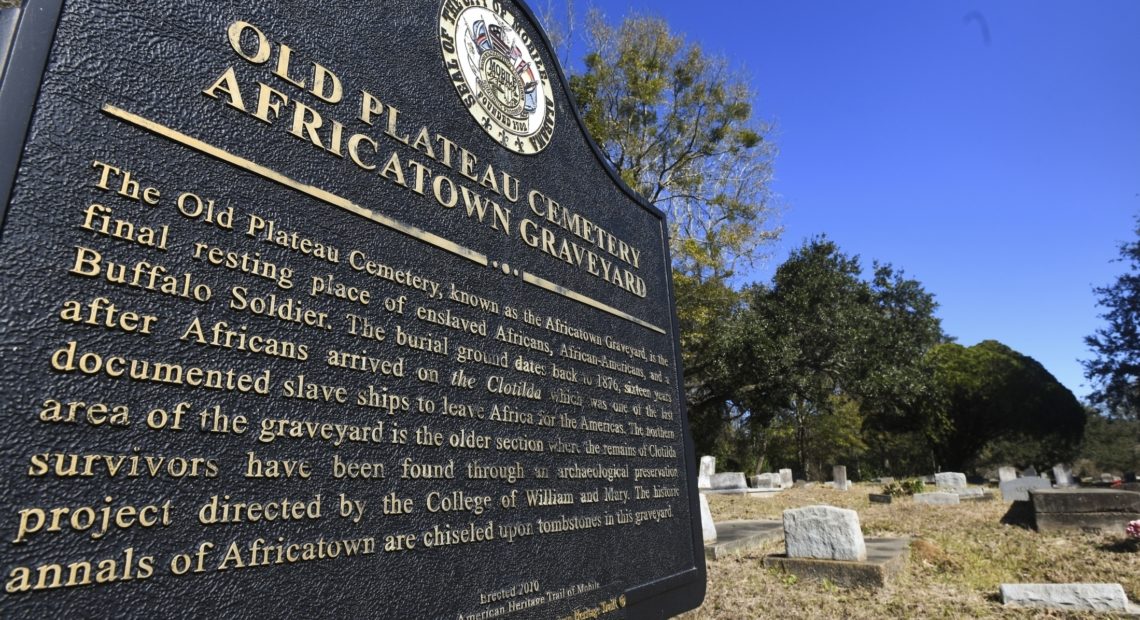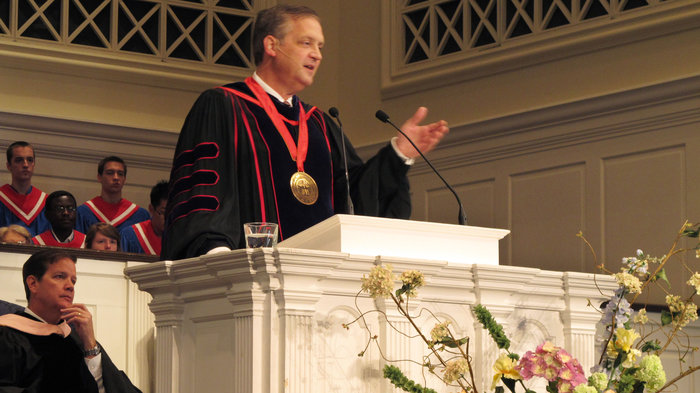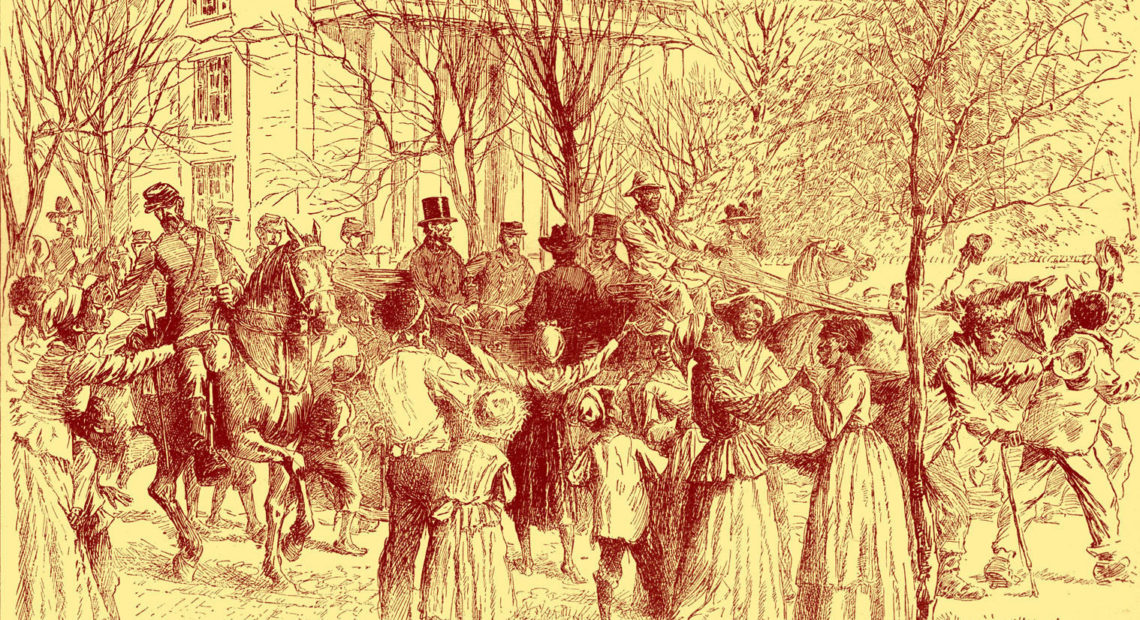Oregon voters passed a measure that strips language from the state’s constitution allowing for slavery and involuntary servitude when used as a punishment for a crime. Notwithstanding more than 500,000 people voting to keep the language, unofficial returns Tuesday night indicated that the measure was passing by a clear margin.Read More
The United States has a new national holiday to celebrate: Juneteenth, marking the day in 1865 — in the aftermath of the Civil War — when U.S. Army troops landed in Galveston, Texas, and informed some of the last enslaved Americans that they were free.Read More
President Biden on Thursday signed a bill to recognize Juneteenth — the celebration to commemorate the end of chattel slavery in the United States — as a federal holiday.Read More
The Senate unanimously approved a bill Tuesday that would make Juneteenth, the date commemorating the end of chattel slavery in the United States, a legal public holiday.Read More
For this Black TV critic, completing Barry Jenkins' ambitious, beautifully brutal, 10-episode adaptation of Colson Whitehead's The Underground Railroad was an emotional journey that touched every nerve of what it feels like to be a person of color striving to matter in America.Read More
The Cherokee Nation's Supreme Court ruled this week to remove the words "by blood" from its constitution and other legal doctrines. The words, added to the constitution in 2007, have been used to exclude Black people whose ancestors were enslaved by the tribe from obtaining full Cherokee Nation citizenship rights.Read More
The statue in Rochester, N.Y., where Douglass lived for decades, was installed two years ago as part of a commemoration of the abolitionist's 200th birthday.Read More
In this short film, five young descendants of Frederick Douglass read and respond to excerpts of his famous speech, "What to the Slave is the Fourth of July?" which asks all of us to consider America's long history of denying equal rights to Black Americans.Read More
HBO Max temporarily removed the 1939 film from its streaming service in early June for its depiction of 'racial prejudices.' The film now includes an introduction addressing its controversial legacy.Read More
In the wake of protests calling for racial equality and other reforms after the killing of George Floyd, there's a growing movement to make June 19 a federal holiday.Read More
When it comes to the Underground Railroad, everyone knows Harriet Tubman. But a new oratorio sheds light on a different, key figure named William Still. Read More
NPR's Steve Inskeep, discussing his book Imperfect Union: How Jessie and John Fremont Mapped the West, Invented Celebrity and Helped Cause the Civil War, touches on parallels to U.S. politics in 2020.Read More
Artist Dread Scott organized the 26-mile trek to New Orleans as a tribute to the men and women who protested their enslavement in the German Coast Uprising of 1811 by re-imagining a different outcome.Read More
Harriet, a biographical film directed and co-written by Kasi Lemmons, is out in theaters. "I don't want to rob her of either her womanhood or her superheroism," Lemmons says.Read More
Richard Bell's true tale details how even as the Underground Railroad ferried enslaved people north towards freedom, free black people vanished from northern cities to be sold into plantation slavery.Read More
Daniel Brook has written a book that goes a long way toward injecting thoughtfulness into popular notions of the history of race and racism in America but doesn't delve far enough into class conflict.Read More
The Clotilda carried 110 people from present-day Benin to the shores of Mobile in 1860, despite the import of slaves being illegal. Researchers told descendants about the discovery first.Read More
The Southern Baptist Convention, the largest Protestant denomination in the United States, came into being in 1845 as the church of Southern slaveholders.
Now, 173 years later, Southern Baptist leaders are not just acknowledging their dark history; they are documenting it, as if by telling the story in wrenching detail, they may finally be freed of its taint.Read More
The state's previous social studies standards listed three causes for the Civil War: sectionalism, states' rights and slavery, in that order.Read More


